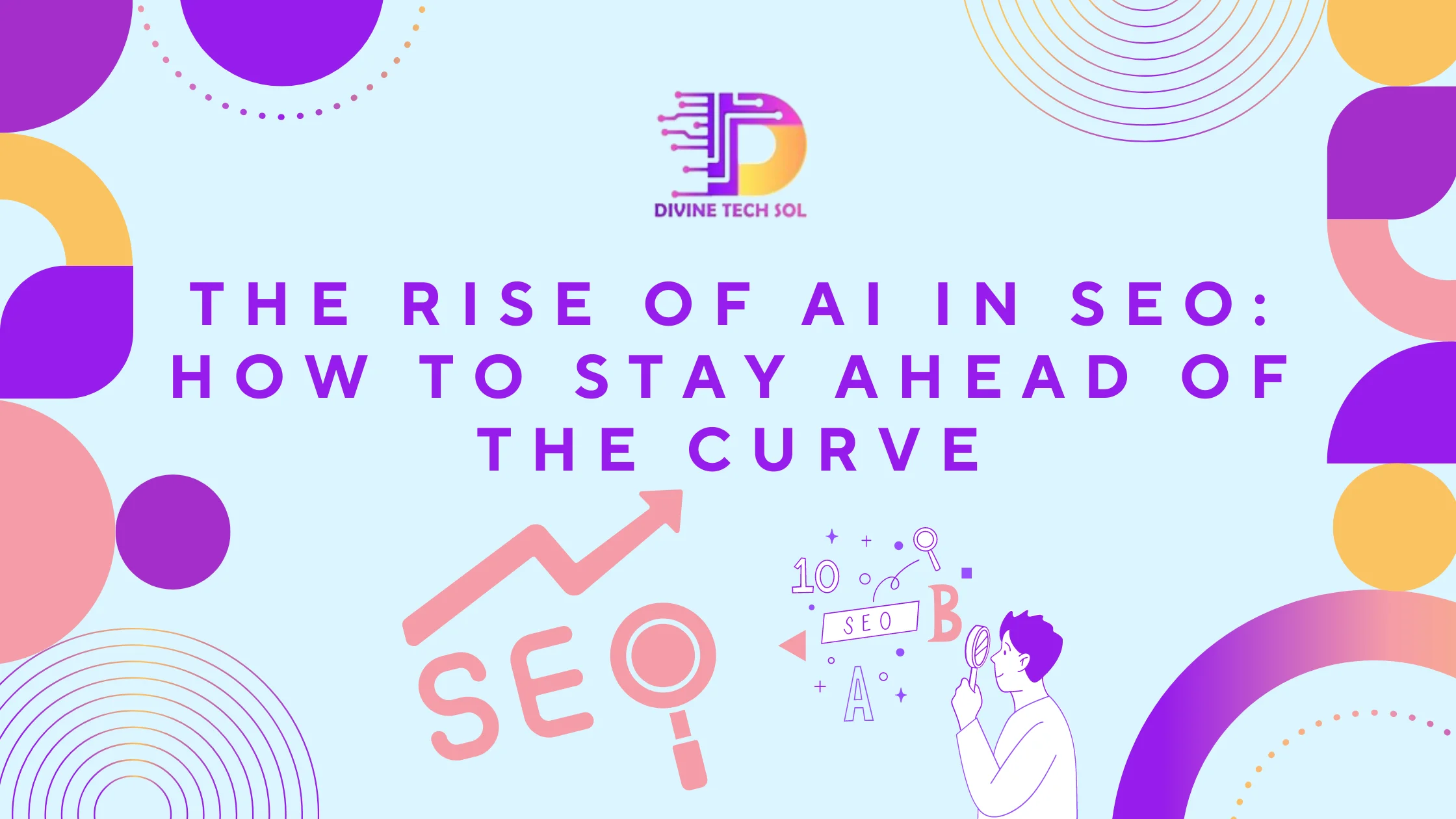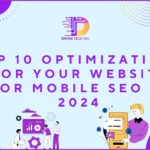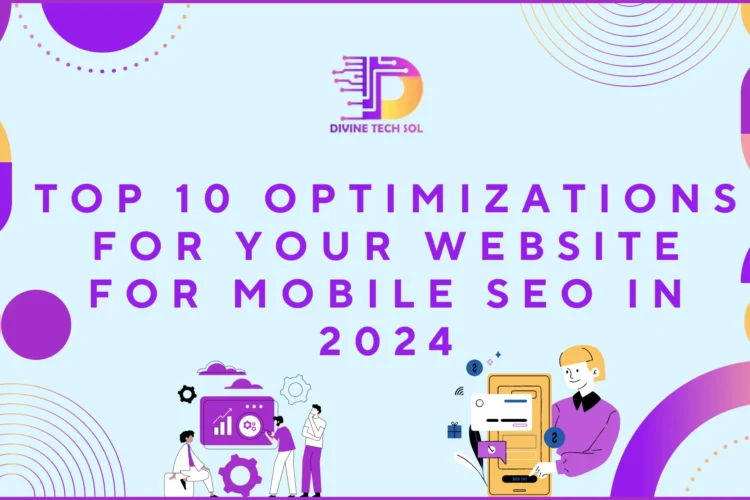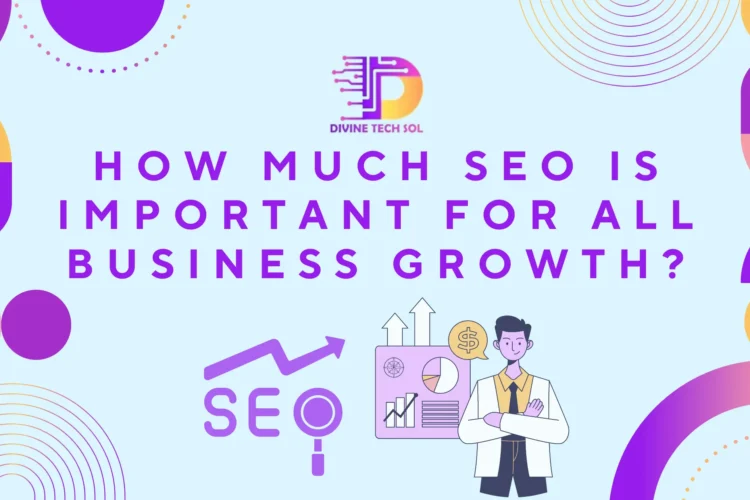
In the rapidly evolving landscape of digital marketing, artificial intelligence (AI) is making significant strides, especially in the realm of Search Engine Optimization (SEO). As businesses strive to stay ahead of the competition, understanding the impact of AI on SEO strategies and learning how to leverage AI tools effectively is crucial. This comprehensive guide explores the transformative role of AI in SEO, introduces revolutionary AI tools, and provides actionable tips for integrating AI into your SEO practices.
The Impact of AI on SEO Strategies
Enhanced Data Analysis and Insights
AI’s ability to process and analyze vast amounts of data at unprecedented speeds is revolutionizing SEO. Traditional SEO methods often rely on manual data analysis, which can be time-consuming and prone to errors. AI, however, can quickly identify patterns, trends, and correlations within data, providing marketers with deeper insights and more accurate predictions.
Predictive Analytics
Predictive analytics, powered by AI, allows SEO professionals to anticipate future trends and changes in search behavior. By analyzing historical data, AI can forecast shifts in keyword popularity, user intent, and search engine algorithms, enabling marketers to stay proactive rather than reactive.
Improved Content Creation and Optimization
AI is transforming content creation and optimization by making it more efficient and targeted. Through natural language processing (NLP) and machine learning algorithms, AI can generate high-quality content that resonates with users and ranks well on search engines.
Content Generation
AI-powered content generation tools, such as GPT-4, can create engaging and SEO-friendly articles, blog posts, and product descriptions. These tools analyze top-performing content in your niche and generate text that matches the style, tone, and structure of successful pieces.
Content Optimization
AI tools can also optimize existing content by analyzing its performance and suggesting improvements. These tools identify gaps in keyword usage, recommend internal linking opportunities, and ensure content aligns with search engine guidelines.
Personalization and User Experience
AI enables hyper-personalization, tailoring content and user experiences to individual preferences and behaviors. This not only enhances user engagement but also improves SEO metrics such as bounce rate, dwell time, and conversion rate.
User Intent Understanding
AI algorithms can interpret user intent more accurately, delivering search results that match the user’s needs. This helps in creating content that addresses specific queries, leading to higher relevance and better rankings.
Voice Search Optimization
With the rise of voice-activated assistants like Siri, Alexa, and Google Assistant, voice search is becoming increasingly important. AI is at the forefront of this trend, enabling voice recognition and natural language understanding that optimize content for voice queries.
Conversational Keywords
Voice searches often involve conversational language rather than traditional keywords. AI tools can analyze voice search data to identify these conversational keywords and phrases, helping marketers optimize their content accordingly.

AI Tools and Technologies Revolutionizing SEO
RankBrain
Google’s RankBrain is an AI algorithm that helps process search results and provide more relevant answers to user queries. It uses machine learning to understand the context and intent behind search queries, improving the accuracy of search results.
Impact on SEO
RankBrain emphasizes the importance of user experience and relevance. It rewards content that meets user intent and provides valuable information, making it crucial for SEO professionals to focus on high-quality, user-centric content.
TensorFlow
TensorFlow, an open-source machine learning framework developed by Google, enables the creation of sophisticated AI models for SEO. It can be used to analyze search patterns, predict keyword trends, and optimize website performance.
Use Cases
SEO professionals can use TensorFlow to build models that identify the most effective keywords, predict changes in search engine algorithms, and optimize website structure for better crawlability and indexing.
SEMrush SEO Writing Assistant
SEMrush’s SEO Writing Assistant uses AI to help writers create SEO-friendly content. It analyzes the top-ranking articles for a given keyword and provides recommendations to improve content quality, readability, and SEO performance.
Key Features
- Real-time content analysis: Provides instant feedback on readability, keyword usage, and SEO best practices.
- Tone of voice: Ensures content matches the desired tone and style.
- Plagiarism checker: Detects duplicate content to maintain originality.
Clearscope
Clearscope is an AI-powered content optimization tool that helps create content that ranks higher in search results. It uses NLP to analyze top-performing content and provides detailed recommendations for keyword usage, content structure, and readability.
Benefits
- Comprehensive keyword research: Identifies primary and related keywords to target.
- Content grading: Scores content based on relevance and SEO potential.
- Competitive analysis: Analyzes competitors’ content to identify opportunities for improvement.
MarketMuse
MarketMuse leverages AI to assist in content planning and optimization. It helps marketers create data-driven content strategies by analyzing existing content, identifying gaps, and recommending topics that align with search intent.
Features
- Content inventory: Analyzes and categorizes existing content.
- Topic modeling: Identifies relevant topics and subtopics to target.
- Content briefs: Generates detailed content briefs with keyword recommendations and SEO guidelines.
Want to boost your presence in the digital trends, Checkout our Digital Marketing Services now!

Actionable Tips for Integrating AI into SEO Practices
Conduct Comprehensive Keyword Research
AI tools like Google’s Keyword Planner and Clearscope can enhance keyword research by identifying high-potential keywords and phrases. Use these tools to discover long-tail keywords, conversational phrases, and emerging trends that align with user intent.
Steps to Follow:
- Identify core keywords: Start with primary keywords relevant to your niche.
- Expand keyword list: Use AI tools to find related keywords and long-tail phrases.
- Analyze competition: Study top-ranking content for targeted keywords.
- Prioritize keywords: Focus on keywords with high search volume and low competition.
Optimize Content for User Intent
AI can help understand user intent and optimize content accordingly. Use tools like RankBrain and SEMrush SEO Writing Assistant to ensure your content addresses the specific needs and queries of your audience.
Tips:
- Create user-centric content: Focus on providing value and answering user questions.
- Use conversational language: Optimize for voice search by incorporating natural, conversational phrases.
- Analyze search queries: Study search queries to identify common patterns and topics of interest.
Leverage AI for Content Creation
AI-powered content generation tools can save time and improve content quality. Use tools like GPT-4 and MarketMuse to generate high-quality articles, blog posts, and product descriptions.
Best Practices:
- Use AI as a starting point: Generate drafts with AI and refine them with human editing.
- Maintain originality: Ensure content is unique and not duplicated from other sources.
- Focus on quality: Prioritize readability, relevance, and value over keyword stuffing.
Enhance On-Page SEO
AI tools can optimize on-page elements such as meta tags, headings, and internal links. Use tools like SEMrush SEO Writing Assistant and Clearscope to ensure your content is fully optimized for search engines.
Key Areas to Focus:
- Title tags and meta descriptions: Craft compelling and keyword-rich titles and descriptions.
- Headings and subheadings: Use descriptive and SEO-friendly headings.
- Internal linking: Create a logical internal linking structure to enhance navigation and SEO.
Monitor and Adapt to Algorithm Changes
AI can help predict and respond to changes in search engine algorithms. Use tools like TensorFlow and RankBrain to stay updated on algorithm updates and adjust your SEO strategies accordingly.
Action Plan:
- Stay informed: Follow SEO news and updates from credible sources.
- Analyze impact: Use AI tools to assess how algorithm changes affect your rankings.
- Adjust strategies: Modify your SEO tactics based on AI-driven insights and recommendations.
Key Takeaways
- AI is transforming SEO: From data analysis to content creation, AI is revolutionizing SEO practices.
- Leverage AI tools: Utilize tools like RankBrain, TensorFlow, SEMrush SEO Writing Assistant, Clearscope, and MarketMuse to enhance your SEO efforts.
- Focus on user intent: Create user-centric content that addresses specific needs and queries.
- Optimize for voice search: Incorporate conversational language and phrases to optimize for voice queries.
- Monitor algorithm changes: Stay updated on search engine algorithm changes and adapt your strategies accordingly.
Conclusion
The integration of AI into SEO is not just a trend but a fundamental shift in how digital marketing operates. By harnessing the power of AI, businesses can gain deeper insights, create more effective content, and stay ahead of the ever-evolving search engine algorithms. As AI continues to advance, staying informed and adaptable will be key to maintaining a competitive edge in the SEO landscape. Embrace AI-driven SEO strategies today to ensure your business remains at the forefront of digital marketing innovation.





